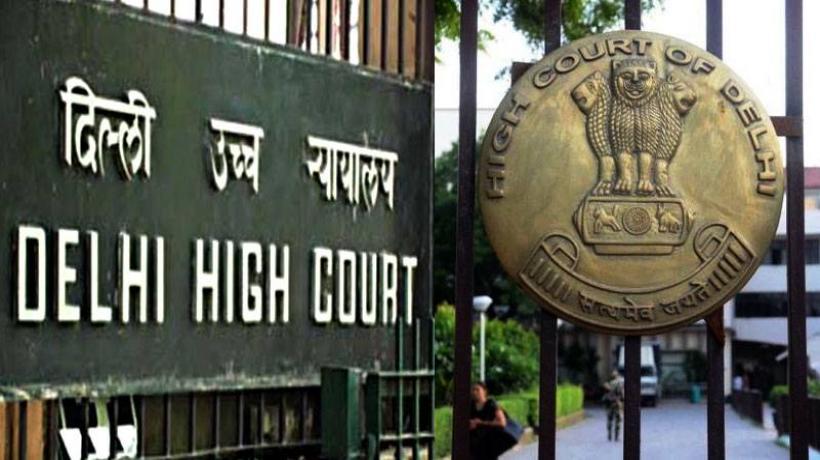


The Delhi High Court in the case Kush Kalra v. Union Of India observed and has directed the Central Industrial Security Force, CISF to amend its recruitment Rules to allow recruitment of women as drivers in the force, within six months.
The Division bench comprising of Acting Chief Justice Manmohan and Justice Mini Pushkarna was informed by the counsel of Union Government’s that it was not possible to give a definite timeline to the court within which the Recruitment Rules for CISF shall be amended. The court in its order stated while keeping in view the fact that the present matter has been pending in Court for more than five years.
The court directed the CISF to amend its Recruitment Rules to allow recruitment of women as drivers in CISF within six months.
In the present case, the bench disposed of the public interest litigation moved by one Kush Kalra in 2018, wherein the court directed the authorities to allow recruitment of women to the post of Constable or Driver in CISF, at par with males.
It has been informed by the Union Government to the court that a proposal was forwarded by CISF for amending the recruitment Rules to make provisions for the recruitment of women to the post of constable or driver and constable or driver-cum-pump operator i.e., the driver for fire services at par with males.
It has been stated in the plea moved by Kalra’s that the human rights of women are ‘inalienable’ and there is no rationale for not recruiting women to the posts in question.
The petition moved stated that the respondents (Centre and CISF) are practising institutional discrimination, without any rational basis, depriving females the right to serve in the aforementioned posts. Thus, the State cannot enact any law which is inconsistent with/in derogation of fundamental rights and as a consequence thereof, respondents cannot frame any law/rules/bye laws/regulations for its functioning, which is inconsistent with or in derogation of fundamental rights.
Accordingly, the court listed the matter for further consideration on July 15, 2024.
The counsel, Advocate Ms. Charu Walikhanna appeared for the Petitioner.
The counsel, Advocate Mr.Rajesh Gogna, CGSC with Ms. Priya Singh.